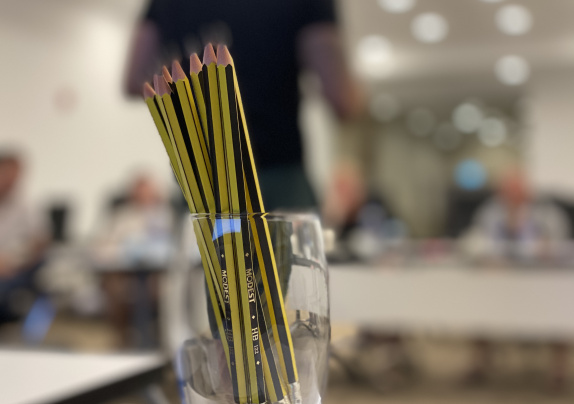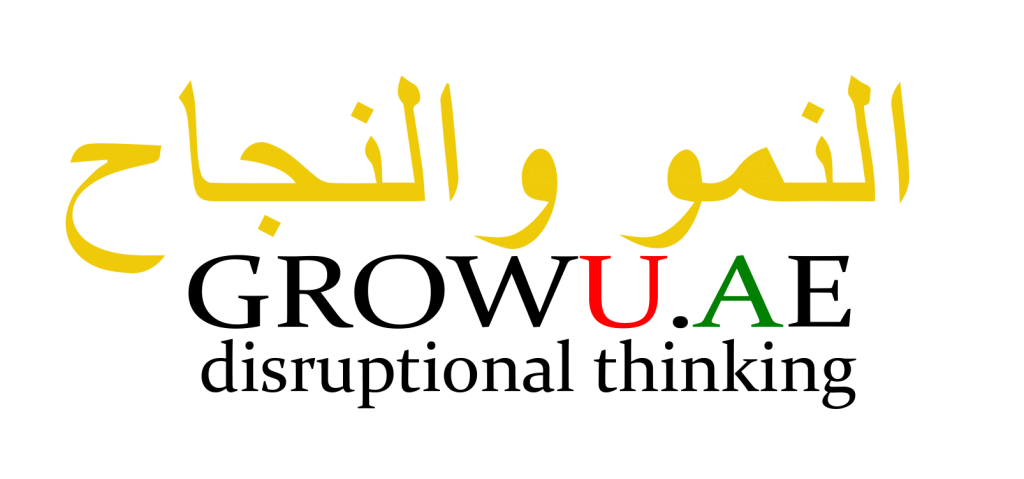Ideation workshops and seminars is one of the key elements in our consulting and development, often combined with a DiSC profile assessment to secure even better results, understanding and accelerated process.
An ideation workshop can provide a range of benefits, both for individuals and for organizations. Here are some potential gains you may experience from participating in an ideation workshop:
- Creativity and innovation: Ideation workshops are designed to help you think outside the box and generate new and innovative ideas. By participating in such a workshop, you can develop your creativity and problem-solving skills, and learn how to approach challenges in a more creative and innovative way.
- Collaboration and teamwork: Ideation workshops are typically group activities that require collaboration and teamwork. By participating in such a workshop, you can develop your ability to work effectively with others, learn how to share and build on ideas, and develop your interpersonal skills.
- New perspectives: Ideation workshops often involve people from different backgrounds and perspectives. By participating in such a workshop, you can gain new insights and perspectives, and learn how to approach problems from a different angle.
- Improved decision-making: Ideation workshops can help you identify a range of potential solutions to a problem or challenge. By having a larger pool of ideas to choose from, you can make more informed and effective decisions.
- Increased motivation: Ideation workshops can be fun and energizing, and can help you feel more motivated and engaged in your work or project. By generating a large number of ideas and working collaboratively with others, you can feel a sense of accomplishment and progress.
Overall, an ideation workshop can provide a valuable learning experience and help you develop a range of skills and perspectives that can be applied in a variety of contexts.
An ideation workshop is a collaborative session where a group of individuals come together to generate a large number of creative and innovative ideas to solve a particular problem or challenge. The purpose of an ideation workshop is to encourage free thinking and to generate a large number of diverse ideas that may not have been considered before.
During an ideation workshop, participants are encouraged to share their ideas without fear of criticism or judgment. This can lead to a more open and creative environment where people are able to freely express their ideas and build on each other’s suggestions. The process can be facilitated by a trained facilitator, who guides the group through various exercises and activities to generate ideas.
Ideation workshops can be used in a variety of settings, including businesses, non-profits, and educational institutions, to help solve complex problems, identify new opportunities, or create new products and services.
Read more about how we facilitate your development through ideation here.
Ideation workshops typically involve a group of people who come together with a specific goal or challenge in mind, and the facilitator guides them through a series of activities to generate a large number of ideas. Here are some common elements of an ideation workshop:
- Clear goal or challenge: The facilitator will typically start by introducing the goal or challenge for the workshop. This helps to focus the group’s thinking and provide a common starting point.
- Warm-up activities: To get the creative juices flowing, the facilitator may start with some warm-up activities, such as word association or brainstorming. This helps participants get comfortable with generating ideas and encourages a free-flow of thinking.
- Divergent thinking activities: The facilitator will then lead the group through several activities designed to encourage divergent thinking. These may include methods such as “mind mapping” or “SCAMPER” (Substitute, Combine, Adapt, Modify, Put to another use, Eliminate, Rearrange).
- Convergent thinking activities: Once a large number of ideas have been generated, the facilitator will help the group narrow down and prioritize the ideas. This may involve activities such as dot voting or grouping similar ideas together.
- Action planning: Finally, the group will develop an action plan for how to move forward with the most promising ideas. This may include identifying next steps, assigning responsibilities, and setting deadlines.
Overall, an ideation workshop is a highly collaborative and interactive process that encourages participants to think creatively and outside the box. It can be a powerful tool for generating new ideas and solutions, and can be used in a variety of contexts, from product development to problem-solving to strategic planning.

